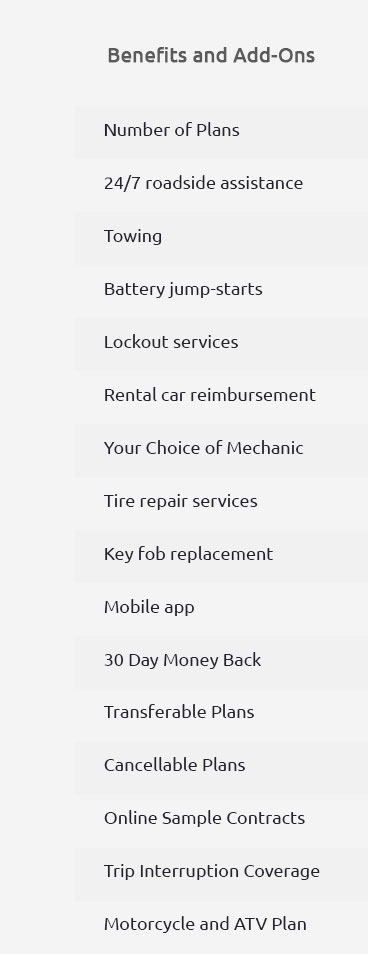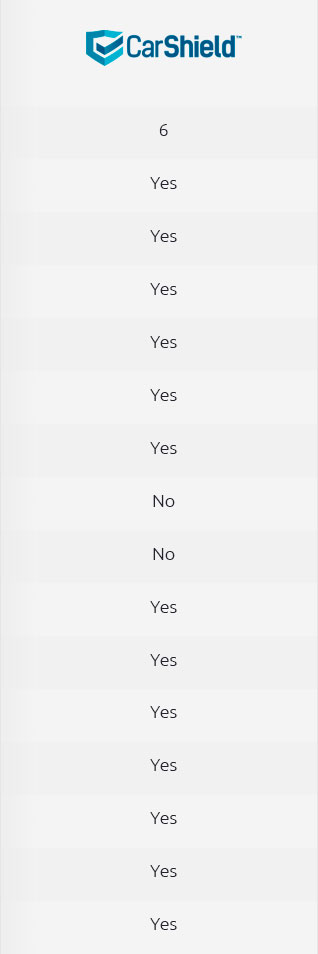 |
 |
 |
 |
 |
|||
 |
|||
 |
 |
 |
|
 |
|||
 |
|
 |
|
 |
|
 |
|
 |
|
 |
|
 |
|
 |
|

Vehicle Warranty Policy: Comprehensive Coverage GuideExploring vehicle warranty options is an essential step for U.S. consumers aiming to protect their investment and manage repair costs effectively. Understanding the nuances of a vehicle warranty policy can provide peace of mind, ensuring you have coverage when unexpected issues arise. Let's delve into the key aspects of vehicle warranties, what they cover, and how they can be a financial lifesaver. Understanding Vehicle WarrantiesA vehicle warranty is a promise from the manufacturer or warranty provider to cover certain repairs and services over a specified period. This coverage can significantly reduce out-of-pocket expenses, especially for costly repairs. Types of Vehicle Warranties
For instance, if you're driving a Nissan, an nissan transmission warranty extension could be beneficial if you're concerned about long-term drivetrain health. Benefits of a Vehicle WarrantyPeace of MindKnowing that major repairs are covered allows you to drive with confidence, without worrying about unexpected expenses. This is particularly beneficial for those living in high-cost areas like Massachusetts. Cost SavingsA well-chosen warranty can save you thousands of dollars on repairs, particularly for high-tech or luxury vehicles. Consider the costs involved in replacing a car's transmission or dealing with electrical issues-these can be significantly reduced with the right coverage. Comprehensive CoverageFrom engine malfunctions to massachusetts auto glass coverage, warranties can cover a wide range of components and systems, ensuring you’re not left with hefty bills. FAQ: Vehicle Warranty Policy
In conclusion, a vehicle warranty policy is more than just an add-on; it's a vital component of vehicle ownership that offers financial security and peace of mind. Whether you’re driving through the bustling streets of Massachusetts or anywhere else, understanding your warranty options will help you make informed decisions that safeguard your automotive investment. https://www.chase.com/personal/auto/education/buying/car-warranty-guide
A car warranty in the United States covers the costs of fixing certain defects in a vehicle for a set time period. https://www.consumerfinance.gov/ask-cfpb/what-is-the-difference-between-a-manufacturers-warranty-and-an-extended-vehicle-warranty-or-service-contract-en-825/
Extended warranties are an optional add-on product that covers defects or failures that are not covered by the manufacturers' warranty. Service ... https://carshield.com/education-center/2023/08/what-does-an-extended-warranty-cover
An extended warranty extends to mechanical and electrical issues not otherwise covered by the manufacturer. It also extends the coverage period considerably.
|